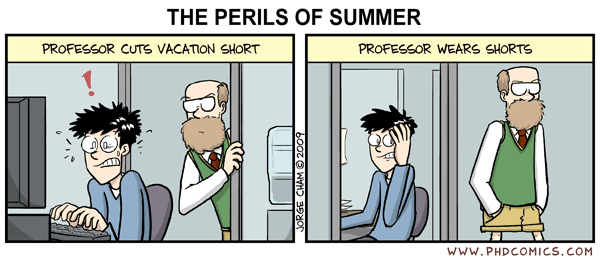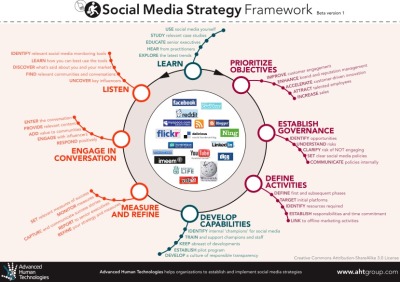SimsBlog has listed (and explained) the top 10 lies newspaper executives are telling themselves (and us). Here is the short version – but go to her blog and read the motivations:
Lie #1: We can manage this disruption from within an integrated organization.
Lie #2: Print advertising reps can sell online ads too
Lie #3: Aggregators are killing my business
Lie #4: We can re-create scarcity by putting up pay walls
Lie #5: Our readers paid for news in the past, they will again
Lie #6: There will never be enough online revenue to support our newsroom
Lie #7: No one will ever cover crime/health/city hall the way we do
Lie #8: Our readers can’t be trusted/they are idiots/they are assholes
Lie #9 Democracy will collapse without us
Lie #10: I can compete with the best digital leaders/thinkers/creators in the world without becoming an active member of the online community.
All these are important and serious but in my book the most dangerous is the myth that democracy is dependent upon print newspapers (Lie #9). This will be one of the factors media will use to demand stronger protectionism through legislation.
An example of this idea recently appeared on the Becker Posner Blog:
Expanding copyright law to bar online access to copyrighted materials without the copyright holder’s consent, or to bar linking to or paraphrasing copyrighted materials without the copyright holder’s consent, might be necessary to keep free riding on content financed by online newspapers from so impairing the incentive to create costly news-gathering operations that news services like Reuters and the Associated Press would become the only professional, nongovernmental sources of news and opinion.




